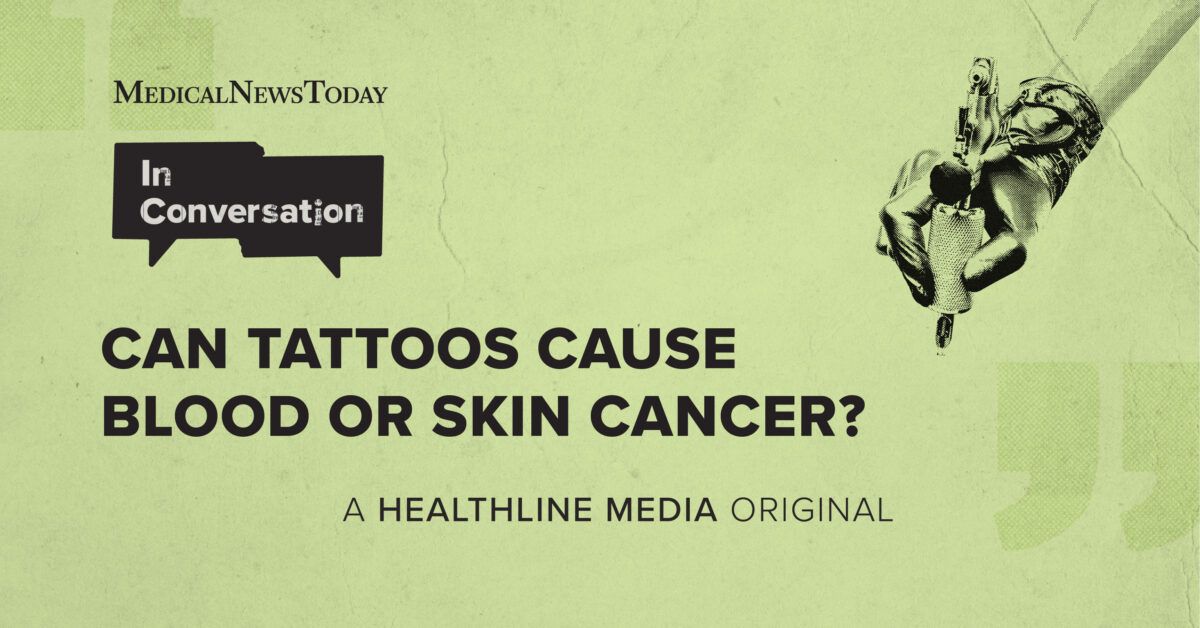Time: 2024-07-31
Tattoo ink , which can be found on 32 % of Americans , may contain dangerous bacteria that can put people at risk . According to FDA research , contaminated ink can be dangerous due to how deep it is injected into areas of the skin vulnerable to bacteria . The study showed that pathogens in these inks can travel through the blood and lymphatic systems to other parts of the body , leading to conditions such as sepsis , rashes , impetigo , erysipelas , and cellulitis.
The FDA emphasizes the importance of continuously monitoring tattoo inks to ensure their microbial safety . The lack of an industry - standard method for sterilizing inks contributes to the problem of contamination . As a result , good , standardized manufacturing processes are needed across the tattoo ink industry to address this issue.

Beyond the aesthetic appeal of tattoos , questions have arisen about their potential health implications . Recent research has found a link between tattoos and an increased risk of blood cancer , particularly lymphoma . Studies have shown that some tattoo inks are contaminated with infection - causing bacteria such as Staphylococcus epidermidis and Cutibacterium acnes.
The biological mechanisms behind the link between tattoos and blood cancer are still being investigated . Researchers are focusing on how tattooing could affect a person 's physical health in the long term . While tattoos can hold personal significance and provide emotional healing , concerns remain about their possible health risks.
The link between tattoos and cancer , specifically lymphoma , has raised concerns about the safety of getting tattoos . Studies have shown an increased risk of blood cancer associated with tattoos , prompting further exploration into the potential health risks . Researchers are delving into whether certain types of tattoos pose a higher risk and why this link exists.
To address questions and concerns about the health implications of tattoos , experts like Milena Foerster , PhD , are conducting research on the link between tattoos and cancer . Foerster specializes in this area and works at the International Agency for Research on Cancer ( IARC ) of the World Health Organization ( WHO ) in Lyon , France . Further research and understanding of the risks associated with tattoos are essential for individuals considering getting inked.